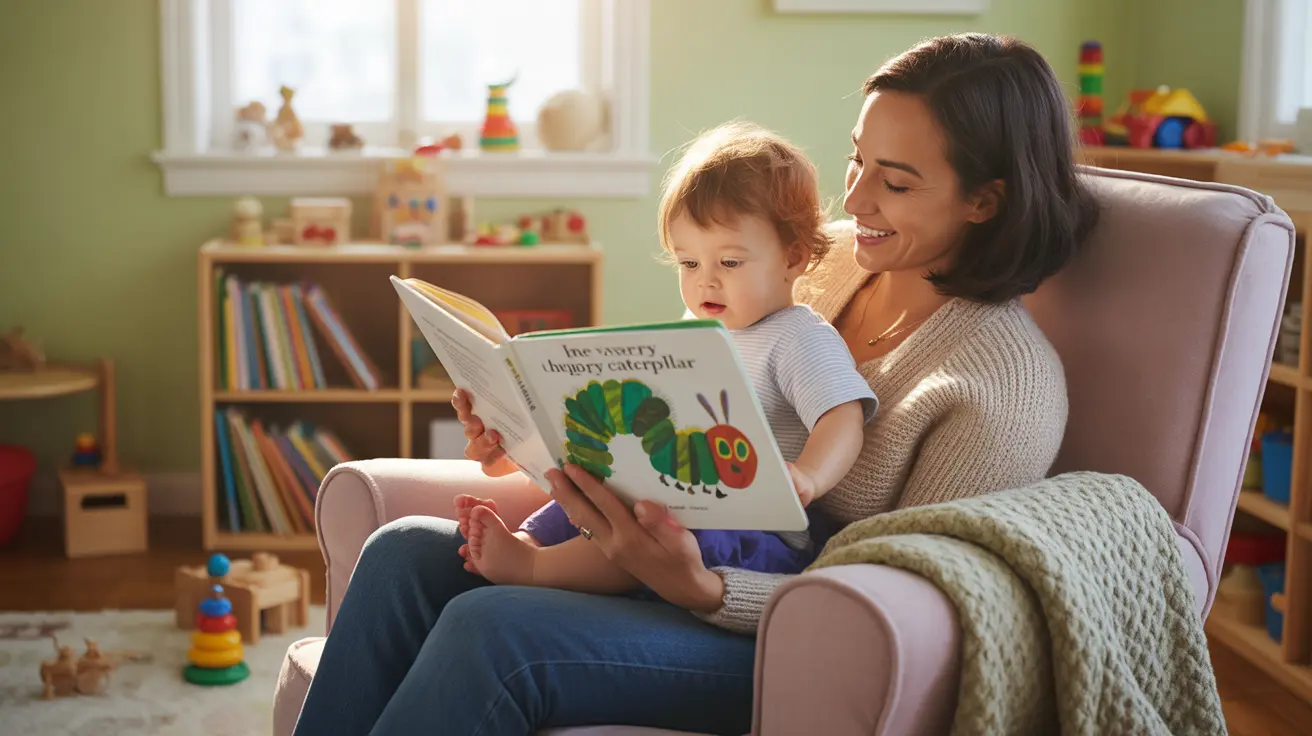When a two-year-old isn't speaking yet, it can be a source of significant concern for parents. While every child develops at their own pace, understanding typical speech milestones and potential causes of speech delays can help families make informed decisions about seeking support and intervention.
This comprehensive guide will explore the reasons behind speech delays in toddlers, signs that warrant professional attention, and practical strategies to support language development at home. We'll also discuss when and how to seek professional help if needed.
Understanding Normal Speech Development at Age Two
By age two, most children typically have a vocabulary of 50 or more words and can combine two words to form simple phrases. However, it's important to note that speech development occurs along a spectrum, with some children acquiring language skills earlier or later than others.
Common speech milestones for two-year-olds include:
- Using at least 50 words consistently
- Combining two words to make simple phrases
- Following simple two-step instructions
- Pointing to objects when named
- Showing interest in conversations and social interaction
Signs That May Indicate a Speech Delay
While some variation in speech development is normal, certain signs may indicate a need for professional evaluation:
- Limited or no word use by 24 months
- No attempts at combining words
- Lack of gestures or pointing to communicate
- Limited understanding of simple commands
- Regression in previously acquired language skills
- Minimal interest in social interaction
Common Causes of Speech Delays
Hearing Issues
Hearing problems can significantly impact speech development. Even mild or temporary hearing loss from frequent ear infections can affect a child's ability to learn language. Regular hearing screenings are essential, especially if speech delays are present.
Developmental Conditions
Various developmental conditions can affect speech and language acquisition, including:
- Autism spectrum disorder
- Developmental language disorder
- Childhood apraxia of speech
- Global developmental delay
Environmental Factors
Sometimes, environmental circumstances can influence speech development:
- Limited exposure to language
- Multilingual household adjustment
- Limited social interaction
- Extended screen time
- Family history of speech delays
Supporting Language Development at Home
Parents can implement several strategies to encourage speech development:
- Read together daily, pointing to and naming objects
- Engage in face-to-face conversations
- Narrate daily activities and routines
- Use simple, clear language
- Respond positively to communication attempts
- Limit screen time and prioritize interactive play
When to Seek Professional Help
If you're concerned about your two-year-old's speech development, don't wait to seek professional guidance. Early intervention is crucial and can significantly improve outcomes. Consider consulting:
- Your child's pediatrician
- A speech-language pathologist
- Early intervention services in your area
- An audiologist for hearing evaluation
Frequently Asked Questions
What are common reasons why a two-year-old might still be babbling and not speaking clear words?
Common reasons include hearing issues, developmental delays, environmental factors, or simply individual variation in development pace. Some children may need more time to process and produce language, while others might have underlying conditions affecting speech development.
When should I be concerned if my two-year-old is not using any meaningful words by this age?
Parents should be concerned if their two-year-old uses fewer than 50 words, shows no interest in communicating, doesn't respond to their name, or has lost previously acquired language skills. These signs warrant professional evaluation.
How can I support and encourage my two-year-old's language development at home?
Support language development through daily reading, engaging in face-to-face conversations, narrating activities, singing songs, and limiting screen time. Create opportunities for interactive play and respond positively to all communication attempts.
Could hearing loss or neurological conditions cause a speech delay in a two-year-old?
Yes, both hearing loss and neurological conditions can cause speech delays. Hearing issues, whether temporary or permanent, can significantly impact language development. Various neurological conditions may also affect speech and language acquisition.
What steps should parents take to get professional evaluation or early intervention for a two-year-old with delayed speech?
Start by discussing concerns with your pediatrician, who can refer you to appropriate specialists. Contact your local early intervention services for evaluation. Consider scheduling appointments with a speech-language pathologist and audiologist for comprehensive assessment.




